


From Come, Follow Me:
Ponder how you can be faithful to Jesus Christ, even when you face trials and opposition.

Thomas S. Monson: "The same Lord who provided a Liahona for Lehi provides for you and for me today a rare and valuable gift to give direction to our lives, to mark the hazards to our safety, and to chart the way, even safe passage—not to a promised land, but to our heavenly home. The gift to which I refer is known as your patriarchal blessing. Every worthy member of the Church is entitled to receive such a precious and priceless personal treasure.”
Your patriarchal blessing can give you insights into spiritual gifts, blessings, warnings, promises, or challenges you may face and declare your lineage. It may also describe any related blessings that accompany your particular tribe Read more in Understanding Your Patriarchal Blessing.
Church of Jesus Christ website: "Each patriarchal blessing is sacred, confidential, and personal ... Church members should not compare blessings and should not share them except with close family members. Patriarchal blessings should not be read in Church meetings or other public gatherings (General Handbook, 18.17.1). They should also not be distributed or shared through electronic means, such as in the Memories section of FamilySearch or on social media, websites, or blogs."
Consider receiving your patriarchal blessing if you have not. Consider also having a discussion with your family about patriarchal blessings. How can they aid you in being faithful?

Ancestors' patriarchal blessings may help give you insights into their challenges and promises, help you better understand them, draw you closer to them, and give you strength to remain faithful?
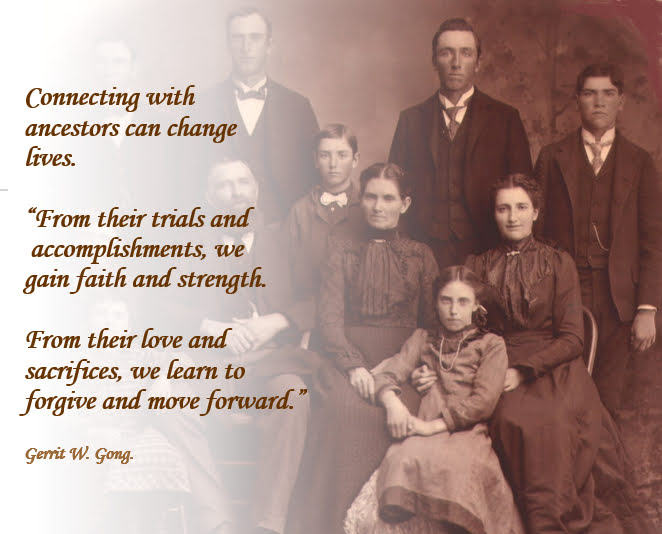
See Requesting an Ancestor's Patriarchal Blessing. What do you learn about your ancestor from his or her blessing? Talk about how you have been influenced by these ancestors and their blessings, and make some goals about how you will influence generations to come through your faithfulness.

As early saints received a witness of the truths of the gospel and made the decision to be baptized, they helped build the foundation on which we all stand. Their faith and efforts made it possible for their posterity to have a gospel foundation. If you are the first convert in your family to be baptized, your decision will influence your posterity.
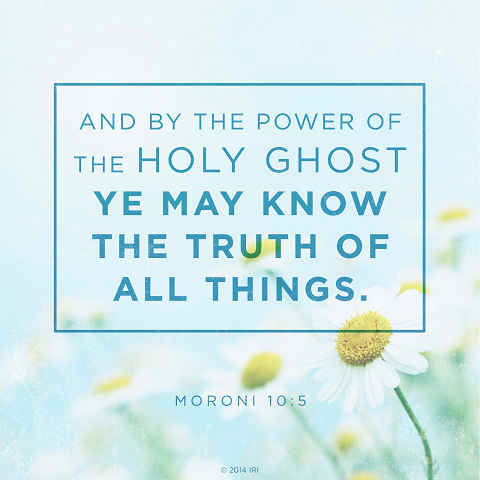
Writing a letter of gratitude to an ancestor, living relative, to yourself, or to an early saint will document your feelings about how life is different for you because of the decisions that were made. See instructions and suggestions for preserving your recording on FamilySearch Memories.
You may want to post photos and your gratitude to ancestors in your home to view during the week.
From Come, Follow Me:
Moroni was running for his life when he wrote these chapters. Why would he bother to write about administrative details like how to perform ordinances? Ponder this as you read Moroni 2–6. Why do you think these details are important to the Lord?
In the Church of Jesus Christ of Latter-Day Saints, "an ordinance is a sacred, formal act performed by the authority of the priesthood. Some ordinances are essential to our exaltation. These ordinances are called saving ordinances. They include baptism, confirmation, ordination to the Melchizedek Priesthood (for men), the temple endowment, and the marriage sealing. With each of these ordinances, we enter into solemn covenants with the Lord.
"Other ordinances, such as naming and blessing children, consecrating oil, and administering to the sick and afflicted, are also performed by priesthood authority. While they are not essential to our salvation, they are important for our comfort, guidance, and encouragement." (Ordinances, Gospel Topics, topics.ChurchofJesusChrist.org)
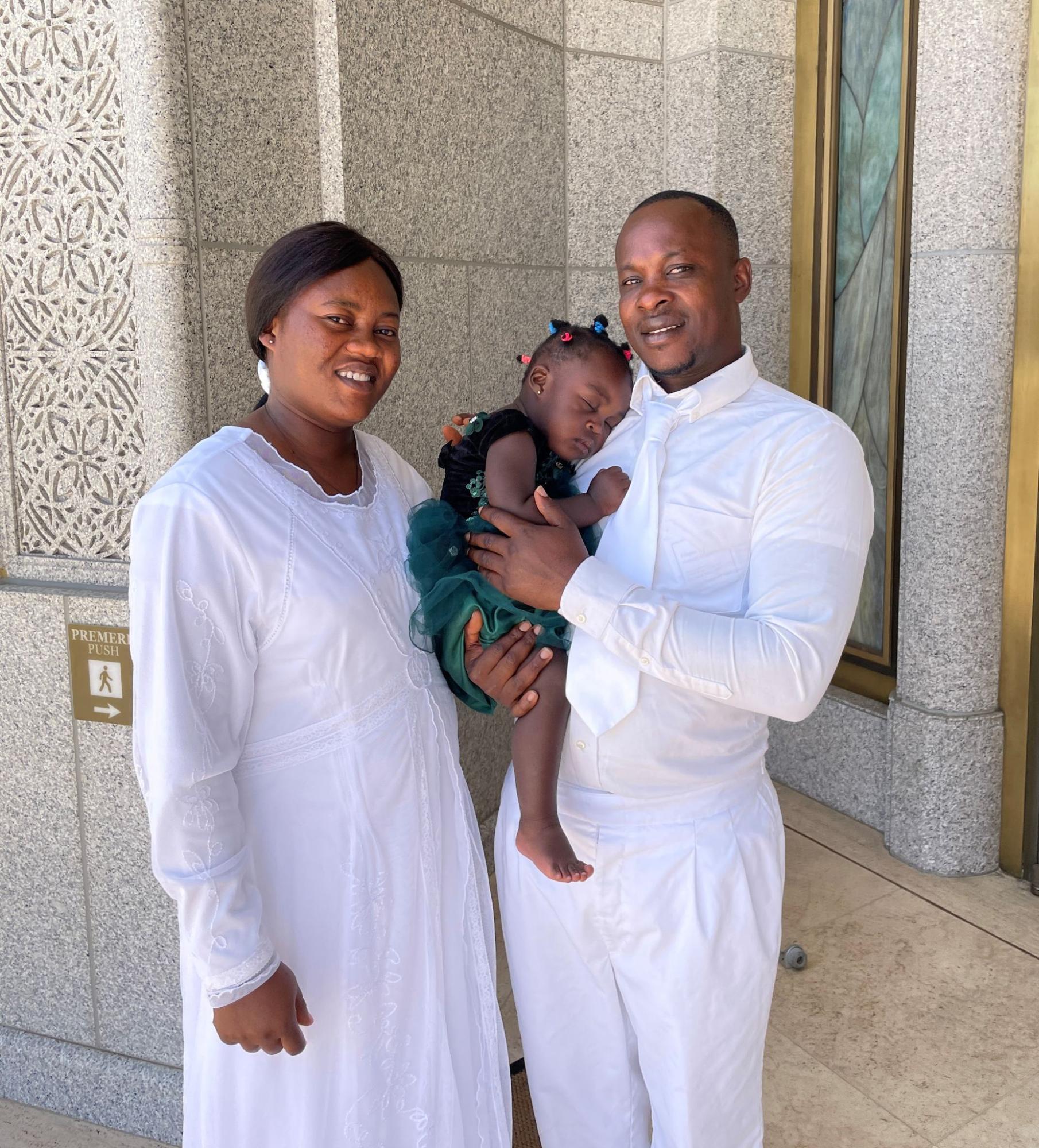
These saving priesthood ordinances bind families together throughout eternity. However, many died without having the opportunity to receive these ordinances. "In His mercy and infinite love, the Lord has prepared a way for them to gain a testimony of the gospel and receive the saving ordinances of the priesthood ... In holy temples, we have the privilege of receiving ordinances in their behalf. These ordinances include baptism, confirmation, Melchizedek Priesthood ordination (for men), the endowment, the marriage sealing, and the sealing of children to parents ... you perform a saving work for others that they cannot do for themselves." (Family History Work and Genealogy, True to the Faith)
"The greatest of all the blessings of the priesthood are bestowed in holy temples of the Lord. Fidelity to covenants made there will qualify you and your family for the blessings of eternal life." (Face the Future with Faith, Russell M. Nelson, April 2011 General Conference) You receive these blessings in the temple first for yourself and then for your kindred dead. Learn more about Temples, Covenants, Ordinances, and Temples in the Plan of Salvation, and Why Ordinances and Covenants Matter.

Enjoy watching Elder Bednar and Elder Rasband as they lead a virtual tour of the Rome Italy Temple. Learn more about Inside Temples and Prophetic Teachings on Temples. Discuss with your family how each member feels about the temple. What do you like most about the temple? How can you increase the temple blessings in your lives?
If you would like to see if there is a video or other visual material for a specific temple near you, visit https://churchofjesuschristtemples.org/temples/. Click on the temple name in which you are interested. Look on the left and scroll down to see if a video, virtual tour or photograph gallery is listed. If so, click on it to see more.
You can find other videos about temples here. Check out Ordinances Ready or Request Temple Ordinances for Family Names.
From Come, Follow Me:
You have probably heard the sacrament prayers many times, but how often do you think carefully about what the words mean?
When President Nelson closed the October 2019 general conference, he described some revisions to the questions asked in a temple recommend interview. Number 8 reads, “Do you strive to keep the Sabbath day holy, both at home and at church; attend your meetings; prepare for and worthily partake of the sacrament; and live your life in harmony with the laws and commandments of the gospel?”
Preparing for the sacrament each week could certainly include doing temple and family history work.
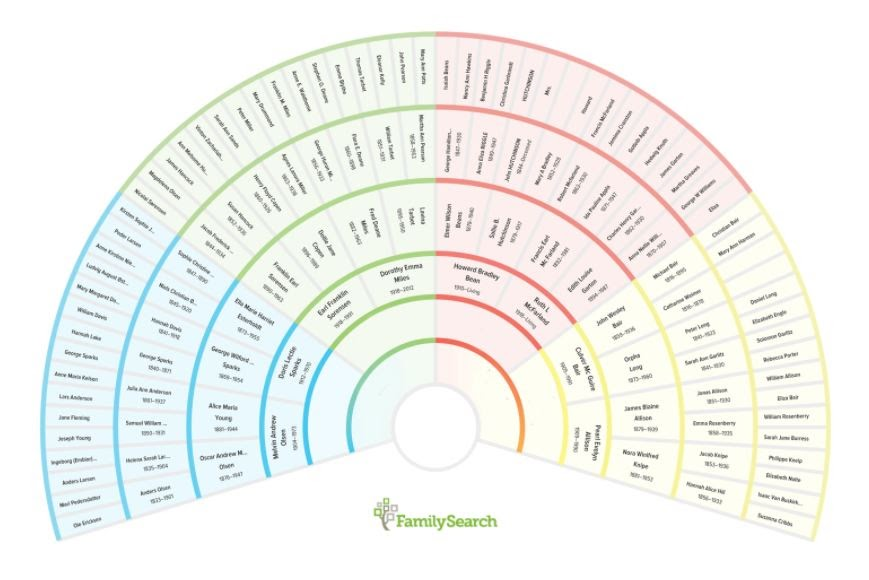
Elder Renlund reminds us that “as we participate in family history and temple work today, we also lay claim to “healing” blessings promised by prophets and apostles.” He adds, “These blessings are also breathtakingly amazing because of their scope, specificity, and consequence in mortality.” He gives a long list of blessings - the first one being an “Increased understanding of the Savior and His atoning sacrifice” (see Family History and Temple Work: Sealing and Healing).

“Each week as we take the sacrament we can be reminded of the purpose of His birth and the purpose of ours as we make room for Him in our lives, bring our best gifts, and prepare as seriously for the sacrament as we did for our baptism.” 4 Ways to Make the Sacrament More Significant
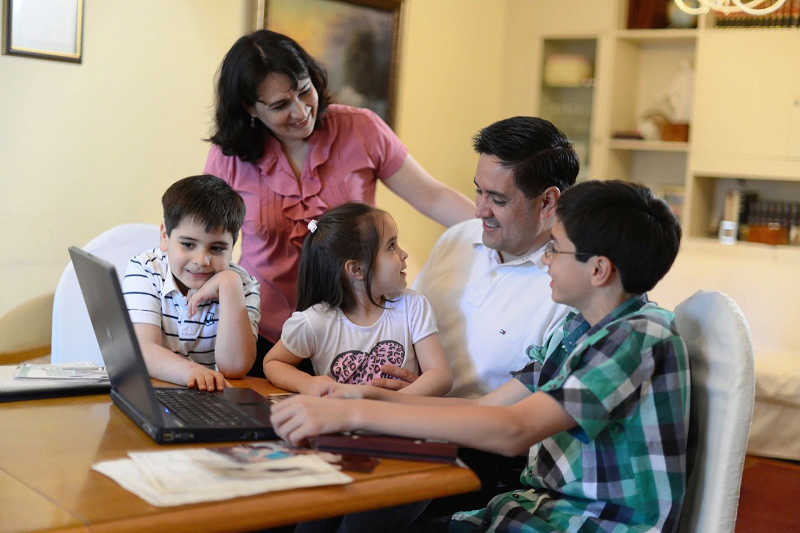
During the sacrament each week, you may want to contemplate your birth, your purpose, and your progress along the Covenant Path. To review what President Nelson states about your purpose, and to check out related activities, see "The Lord Labors with Us.” In addition to the activities which are listed there, you could share memories of each member becoming part of the family, or have a guessing-game with baby photos (guess which picture is of what family member) along with a discussion of what President Nelson defines as our purpose as saints of the latter day - what each of us was born to do. Decide together how to support each other in “the greatest challenge, the greatest cause, and the greatest work on the earth today?" (see Latter-day Saint Youth: Gather Israel).
